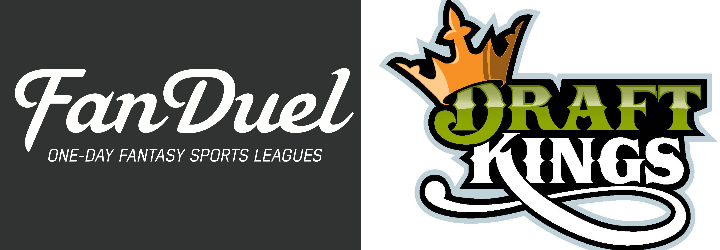Fantasy sports rakes in billions, but the specific branch of daily fantasy sports over the last year hasn’t done so well. Companies like FanDuel and DraftKings have made some money, but also spent plenty of time in court, costing them both money and users.
At this time in 2016, there were a lot more DFS options available to users. In fact, more than two-thirds of DFS companies that existed at this point 2016 are no longer operational, have changed focus, or have merged with their competitors.
This information comes from the Fantasy Sports Trade Association (FSTA), the lobbying arm for the fantasy sports industry.
The biggest merger announced last year that the Federal Trade Commission is reviewing deals with DraftKings and FanDuel. The two companies announced their decision last year to merge. Prominent DFS sites Fantasy Aces, FantasyHub, and FantasyUp all closed shop despite still owing players money.
According to the Fantasy Sports Trade Association, at the peak of the daily fantasy boom in 2016, there were 118 companies that offered “some form of paid daily fantasy sports.” Today, that number is down to 37, and there are 81 companies that no longer offer contests or have a “unknown” status.
“Everyone thought DFS was the next gold rush,” said Daniel Barbarisi, the author of Dueling With Kings. “It couldn’t sustain that level of speculative growth, especially from small operators. Now that the barrier to entry is higher, I’m not surprised at all to see many of them falling by the wayside.”
Part of the reason why so many companies have folded or are close to it is because states across the country are trying to figure out how to regulate the industry through legislation.
There are 11 states that have passed new legislation pertaining to fantasy sports: Arkansas, Colorado, Indiana, Kansas, Maryland, Massachusetts, Mississippi, Missouri, New York, Tennessee, and Virginia.
“The evidence is there for legislators,” said DraftKings and FanDuel spokesman Marc La Vorgna. “Any uncertainty around the impact of these laws has been removed.”
The FSTA, DraftKings, and FanDuel spent at least $500,000 last year on lobbyists, and employees of the three companies spent around $380,000 on political campaign committees in order to curry favor with politicians who may decide their fate. These numbers come from the National Institute on Money in State Politics in Helena, Montana.
While many companies folded, from 2015 to 2016, player entry fees brought in by the fantasy companies hovered around $3.3 billion, resulting in a $350 million net revenue for these companies, according to California-based gambling research firm Eilers & Krejcik Gaming.







